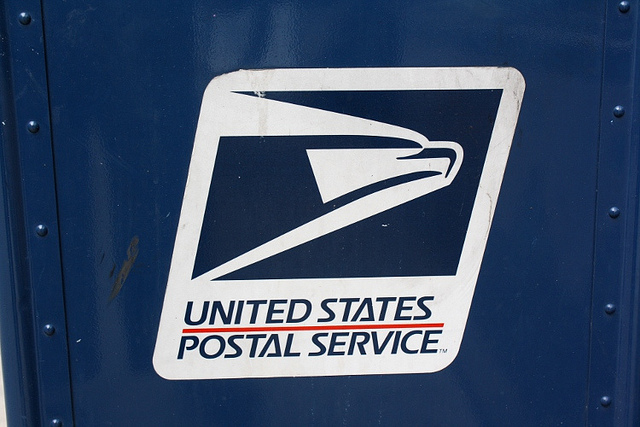
Like many government agencies, the U.S. Postal Service is an expert at hemorrhaging money. Just last week, the USPS reported a $5.1 billion loss for fiscal year 2015, marking its 9th consecutive year of multi-billion dollar losses. Since 2007, the USPS has accumulated $56.8 billion in losses.
Although the Postal Service claims it does not receive taxpayer support, the fact is that USPS enjoys a variety of special privileges as a government agency. The USPS maintains a government protected monopoly over delivery to mailboxes. This gives the USPS a roughly $14.9 billion advantage in recent years over private competitors.
Additionally, the USPS is exempt from virtually all taxes and fees that its competitors must pay – it does not have to pay: state and local property and real estate taxes; sales and use taxes; state franchise taxes; license fees; title fees; and vehicle registration fees. The USPS is not even accountable for parking tickets and tolls. In all, these exemptions give the USPS an over $2 billion dollar edge over the free market.
Overall, the USPS enjoys a whopping $18 billion annually from government granted monopolies and indirect subsidies. Even with government-protected special privileges, the USPS has consecutively seen billions in losses for the past 9 years. If the Post Office were a private company it would have been bankrupt decades ago.
As a government agency, however, the USPS machine continues to enjoy its monopoly status propped up by the federal government. The USPS aims to triumph over its private competitors by government aid, not by providing higher-quality service.
Photo credit: Barbara Krawcowicz

